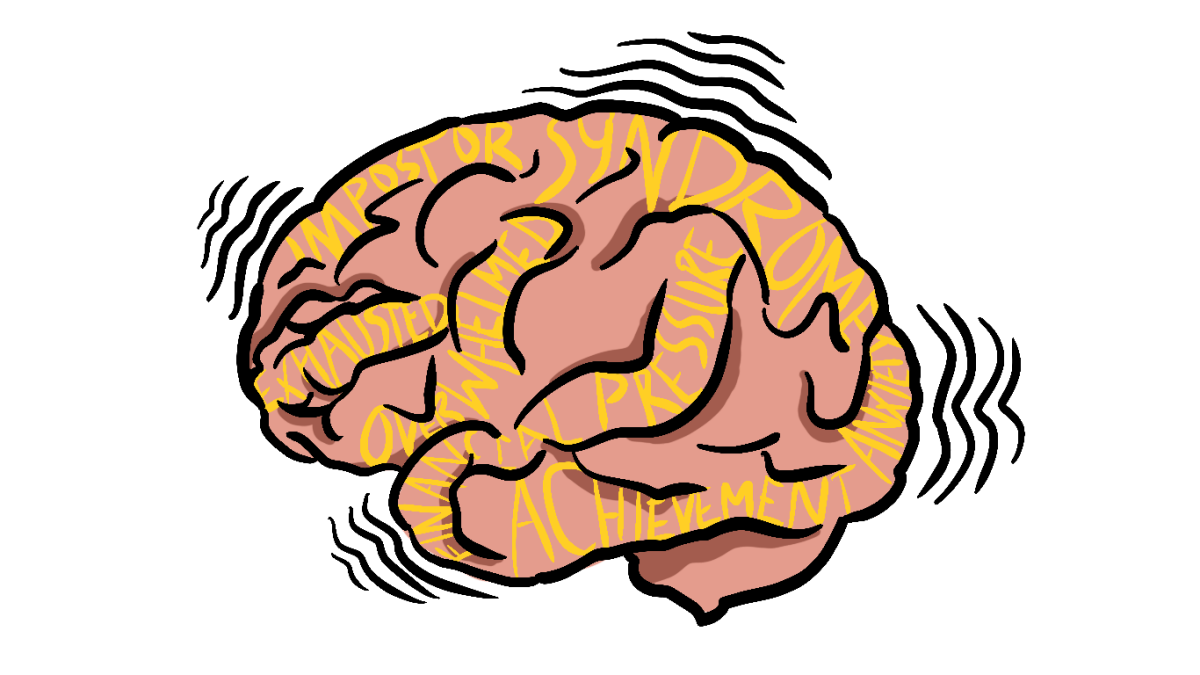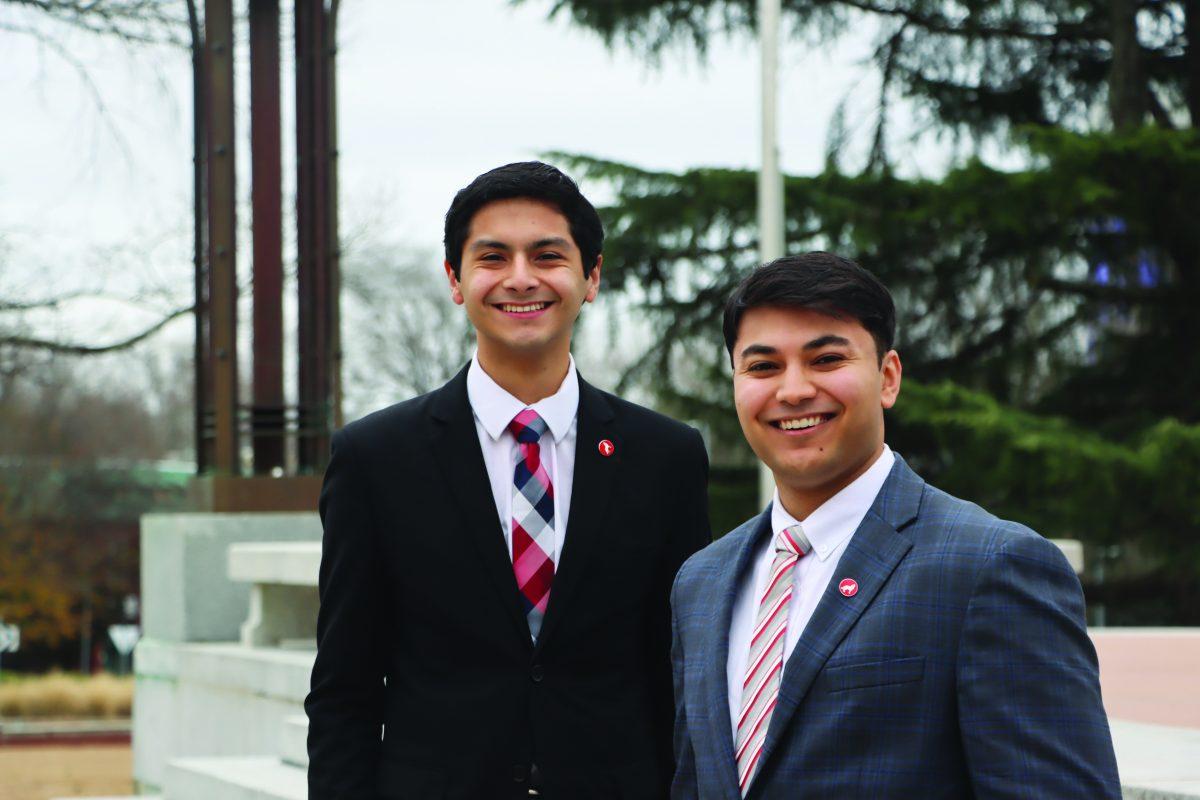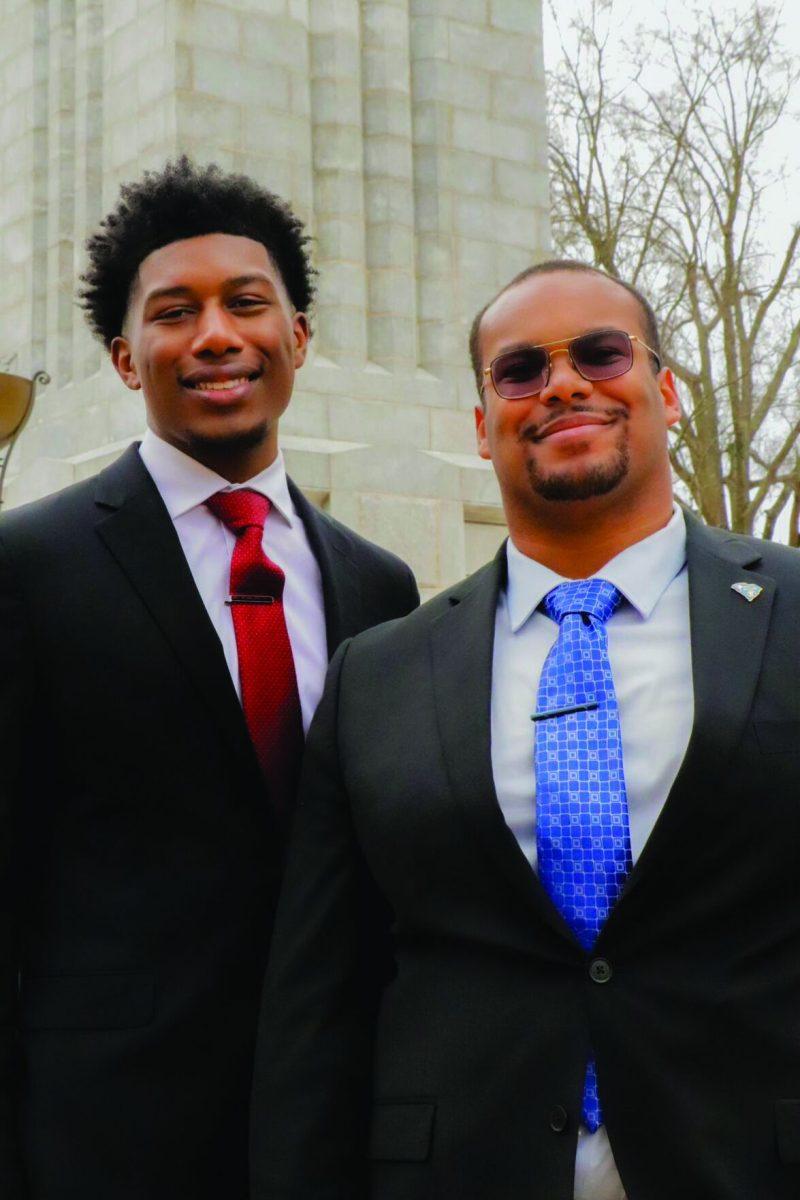NC State Student Government held the first Chancellor’s Liaison meeting of the semester on Nov. 10 to discuss student mental health. Several University figures, including Chancellor Randy Woodson, Student Body President McKenzy Heavlin and mental health ambassadors, attended the meeting.
The meeting began with Heavlin introducing the speakers and going over the meeting agenda. Following this, Woodson gave an update on the semester so far and discussed Red and White Week.
Monica Osburn, the executive director of the University’s Counseling Center, discussed the increased demand for mental health resources and Counseling Center services.
“We are approaching pre-pandemic levels for demand for the Counseling Center,” Osborn said. “Every year I have been here [since 2012], we have continued to grow in demand.”
According to Osburn, there is an increase in issues that were previously not seen at the University pre-pandemic, such as domestic violence.
“Fifteen percent of the University population uses the Counseling Center now,” Osburn said. “Students are coming in with more acute needs, and the issues are more complex.”
Angel Bowers, the director of Prevention Services, discussed the purpose and goals of the Prevention Services Center and followed Osburn in the discussion of demand for mental health resources.
“The intensity is much stronger than before,” Bowers said. “Issues such as sexual assault and domestic cases, as well as ongoing medical issues, have increased this semester.”
Mike Giancola, student ombudsperson for the Student Ombuds Program, discussed Pack Essentials. Pack Essentials is a program that supports students in need of food, housing, security and educational security.
“We see a lot of different situations and connect students to resources and try to provide that safety net to students who really need it,” Giancola said.
According to Giancola, many students have requested testing for mental health, such as ADHD and depression.
“These tests are mostly not covered by insurance, so we have been trying to find ways to help these students,” Giancola said. “We want you to be successful at NC State, and these are barriers for student success, so we want to offer resources to help these students.”
Molly Vanhoy, a fourth-year studying microbiology and the president of Student Senate, and Lizzie Dunsmore, a fourth-year studying chemistry, are two mental health ambassadors at NC State.
“I became involved as a mental health ambassador after becoming an RA during my first year,” Vanhoy said. “I saw how students struggled and wanted to find ways to help.”
The Mental Health Ambassadors Program at the University uses a peer education model to reach out to students and discuss various aspects of mental health.
“We spend a lot of time trying to destigmatize mental health,” Vanhoy said. “We share our own stories and try to offer an open community to help students who are struggling.”
This meeting is the first step in an ongoing conversation on campus about mental health, and the University is dedicated to helping students who are struggling with mental health.
“We want to be proactive about what NC State is doing about student mental health,” Heavlin said.













